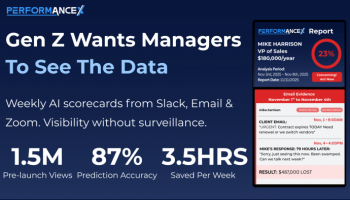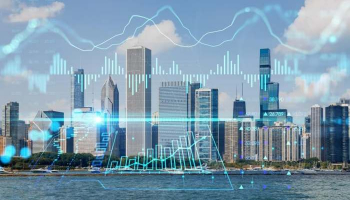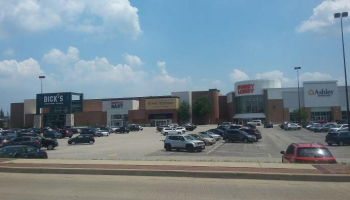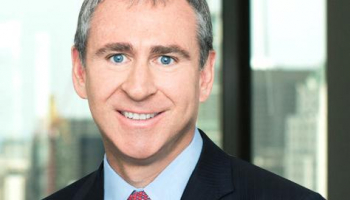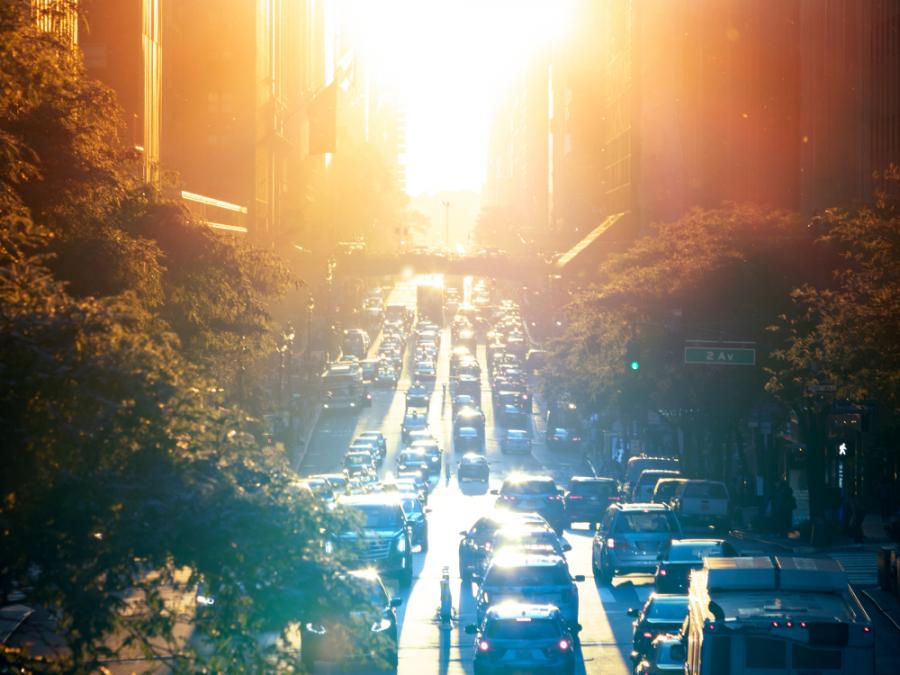
A new rideshare tax to tackle Chicago’s congestion went live on Monday morning.
A solo ride using services such as Uber and Lyft has now risen from $0.72 per trip to $1.25. An additional surcharge of $1.75 will be added to trips beginning or ending in the downtown area on weekdays between 6 a.m. and 10 p.m.
This adds an extra charge of $3 a day for workers within the Loop who take weekday solo rides. Taxes on rides to Chicago’s airports, Navy Pier, and McCormick Place are expected to remain the same.
Speaking to ABC 7 Chicago, riders had mixed feelings on the new tax.
Jessica Torrevillas said: “Every year is always so expensive. I mean, we have a lot of businesses leaving Illinois anyways because of all the taxes, you know? It’s getting harder and harder to live here.”
Alex Shek, on the other hand, was in favor of the extra charge. He said: “Uber and Lyft, I think are sort of a luxury so it’s something that I would support although it’s probably going to cost me some extra money on a day-to-day basis.”
Mayor Lori Lightfoot has attributed the taxes to addressing downtown congestion and encouraging residents to opt into rideshare options, where multiple app users share a cab to multiple destinations. She added that the city is launching the hashtag campaign #ChooseShared to inform people of the changes.
Emily Pizzimenti said she was not a fan of the rideshare option. “I think that it will help alleviate some of the congestion, but I am less likely to share a ride just because I’ve had some bad experiences with that before,” she said.
While downtown has seen a significant rise in charges, the cost of rideshares in the city’s South and West sides is set to decrease. The city has defended its decision as the majority of cab users in the neighborhoods rely on shared rides.
Uber drivers have already expressed their concerns. Driver Larry Akintola told ABC Chicago: “It’s probably going to affect my bottom line. It’s going to have an impact on the number of drives I take on a daily basis now.”
In a statement, Uber noted that the proposal was ‘by far the highest ridesharing fee in the country’.
It added: “As a candidate, the Mayor said she was committed to equity, yet she’s proposing to hike taxes by nearly 80% on underserved communities who do not contribute to congestion and lack reliable access to transportation.”
The congestion tax is expected to generate an extra $40 million in annual revenue for the city, which will go toward closing the deficit and transportation, including the CTA.
However, the main aim is to cut down on the amount of traffic circulating the city, particularly downtown, on a daily basis.
Kyle Whitehead from the Active Transportation Alliance said: “The goal is in the most congested parts, in the city. In the middle-downtown, it’s to encourage people to use different modes that make the city a better place to live.”
Between 2015 and 2018, the number of trips taken through companies such as Uber and Lyft annually has increased by 271%. Half of the trips taken citywide either begin or end downtown, and rideshare companies take up an estimated 26 miles of road space during the evening rush hour.
A recent analysis of taxi fares in Chicago showed the price of rideshares has already been increased by companies such as Uber and Lyft in a bid to prove the scheme’s worth to investors, and Uber currently holds around 70% of the city’s rideshare market. In low-income areas, however, rideshares were found to be down by 32.9% this year.



